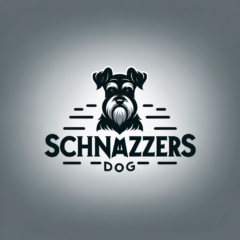The debate over hypoallergenic dogs has been ongoing for years, with various breeds claiming to be a perfect choice for those who suffer from allergies. Among them, schnauzers have garnered quite a reputation as a hypoallergenic breed. But is this claim backed by scientific evidence, or is it just another myth surrounding these charming dogs?
In this article, we will unravel the truth about Schnauzers and their hypoallergenic qualities. We will delve into the science behind dog allergies and how Schnauzers may be considered hypoallergenic, providing an in-depth analysis of the different types of Schnauzer coats and offering tips for managing allergies with a Schnauzer. We will also explore other factors to consider when choosing a hypoallergenic dog and conclude with a final verdict on whether Schnauzers are truly hypoallergenic.
The Science Behind Dog Allergies: Why Schnauzers May Be Considered Hypoallergenic
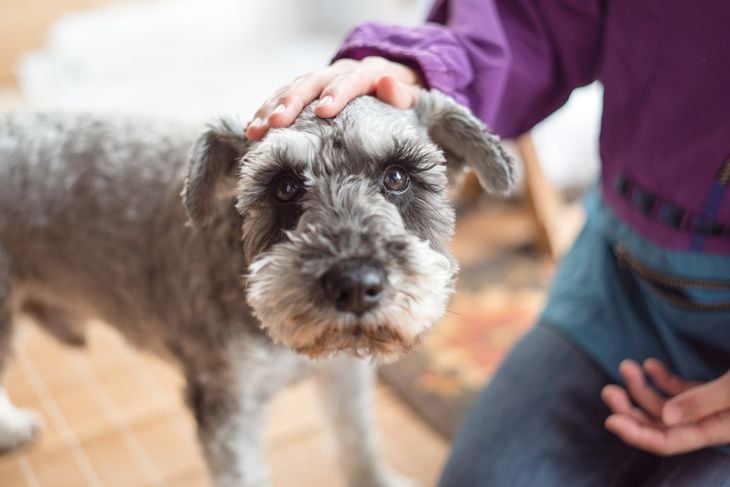
Before delving into the specifics of Schnauzers and their hypoallergenic qualities, it’s important to understand what causes allergies in the first place. As mentioned earlier, allergies are caused by an overreaction of the immune system to specific substances, known as allergens. In the case of dog allergies, the culprit is not the dog itself, but rather proteins found in their saliva, dander, and urine.
Dander, which is often regarded as the primary trigger for dog allergies, is not an allergen itself but acts as a carrier for allergens. When a dog sheds, these allergens cling to its dander, making them easily spread throughout the environment. This can lead to allergic reactions such as sneezing, runny nose, and itchy eyes in susceptible individuals.
Now, let’s take a closer look at why Schnauzers may be considered hypoallergenic. The American Kennel Club (AKC) lists Schnauzers as one of the most hypoallergenic breeds due to their low-shedding coats, making them a popular choice for allergy sufferers. However, it’s essential to note that no dog breed is truly hypoallergenic.
Schnauzer Coat Types: Exploring Standard, Miniature, and Giant Schnauzers
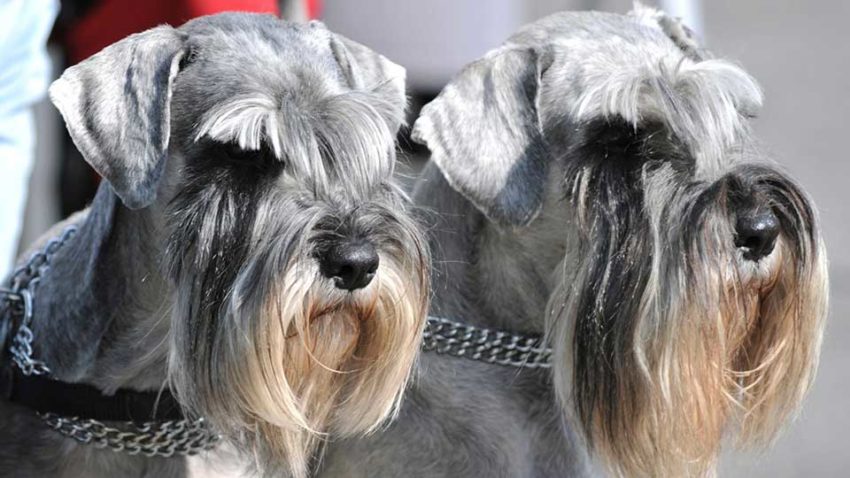
Schnauzers come in three different sizes: standard, miniature, and giant. Each size has a different coat type, which plays a significant role in their hypoallergenic qualities. Let’s take a closer look at each size and how their coat types affect allergies.
Standard Schnauzers
Standard Schnauzers are the original size and were initially bred for herding and guarding purposes. They have a double coat, with a wiry and dense outer coat and a soft undercoat. The texture of their coat helps to repel dirt and water, making them less likely to trigger allergies. However, they do require regular grooming to keep their coat healthy and prevent shedding.
Miniature Schnauzers
Miniature Schnauzers are the smallest of the three sizes and were bred from Standard Schnauzers. They also have a double coat, but their outer coat tends to be softer and silkier than that of the Standard Schnauzer. This softer texture can make them more prone to shedding and potentially increase the spread of allergens.
Giant Schnauzers
Giant Schnauzers are the largest of the three sizes and were originally bred for herding and guarding. They have a similar coat to that of the Standard Schnauzer, with a harsh and wiry outer coat and a soft undercoat. Their coat requires regular grooming and trimming to maintain its hypoallergenic qualities.
Managing Allergies with a Schnauzer: Tips for Minimizing Allergic Reactions
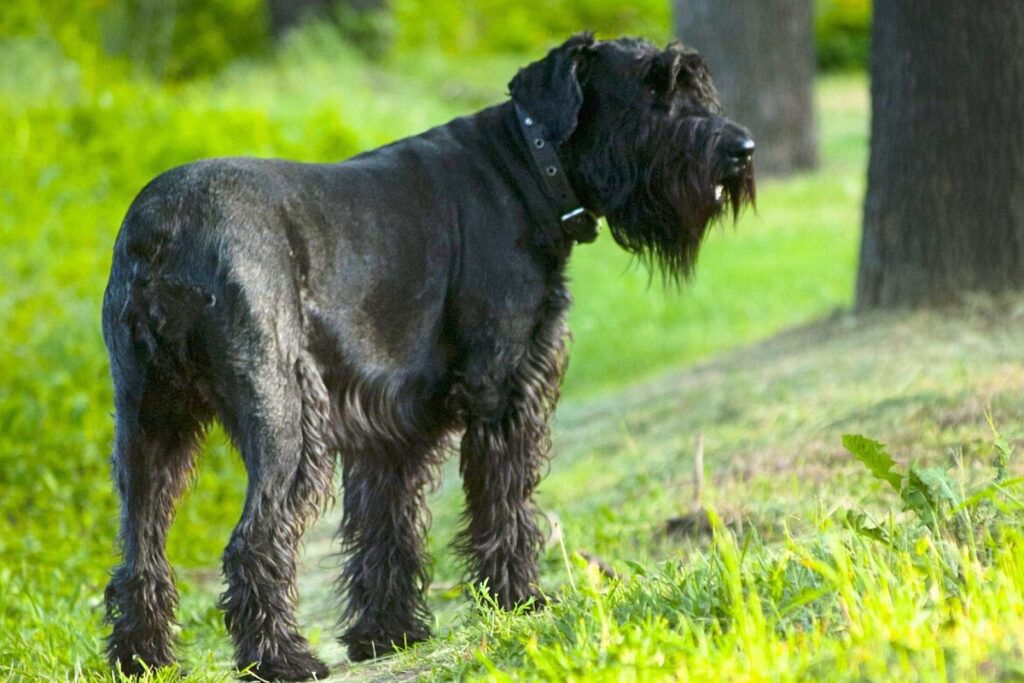
While Schnauzers may be considered hypoallergenic due to their low-shedding coats, they still produce proteins that can trigger allergic reactions in some individuals. Therefore, it’s crucial to take proper precautions to minimize the spread of allergens and manage allergies when living with a Schnauzer.
Grooming Regularly
As mentioned earlier, all three sizes of Schnauzers have a double coat that needs regular grooming to prevent shedding and maintain their hypoallergenic qualities. Regular brushing and grooming will help remove loose hair and dander from their coat, reducing the spread of allergens throughout the house. It’s also essential to bathe them regularly using a hypoallergenic shampoo to further reduce dander and allergens on their coat.
Keeping the House Clean
Along with regular grooming, keeping the house clean is also crucial in managing allergies. Vacuuming carpets, furniture, and other areas where dander can accumulate will help decrease the presence of allergens in the environment. It’s also recommended to use a HEPA filter in the vacuum and consider investing in an air purifier to further reduce allergens in the air.
Allergy Medications
For those who suffer from severe allergies, it may be necessary to take allergy medications to manage symptoms when living with a Schnauzer. Over-the-counter antihistamines can provide relief for mild allergies, while prescribed medications may be necessary for more severe reactions. Consult with a doctor to determine the best course of action for managing allergies while owning a dog.
Choosing the Right Schnauzer: Factors to Consider for Allergy Sufferers

When it comes to choosing a hypoallergenic Schnauzer, there are a few factors to consider. These include the size, coat type, and individual preferences. Let’s take a closer look at each factor to help you make an informed decision.
Size
As discussed earlier, Schnauzers come in three different sizes. While all three may be considered hypoallergenic, individuals with more severe allergies may want to consider a larger Schnauzer such as the Giant Schnauzer. Due to their larger size, they typically have lower dander levels and less shedding, reducing the spread of allergens.
Coat Type
The coat type also plays a significant role in allergies, as different textures can affect the spread of allergens. For those with milder allergies, a Standard or Giant Schnauzer may be a suitable choice, as their harsher coat textures make them less prone to shedding. On the other hand, those with more severe allergies may want to opt for a Miniature Schnauzer, as their softer coat texture may potentially increase the spread of allergens.
Individual Preferences
Ultimately, when choosing a Schnauzer, it’s essential to consider individual preferences. While some individuals may prioritize hypoallergenic qualities, others may be more concerned with personality traits, energy levels, and overall compatibility. It’s crucial to do thorough research and spend time with the breed before making a decision to ensure that the chosen Schnauzer is the right fit for the household.
Beyond the Breed: Other Considerations for Allergy-Friendly Dog Ownership
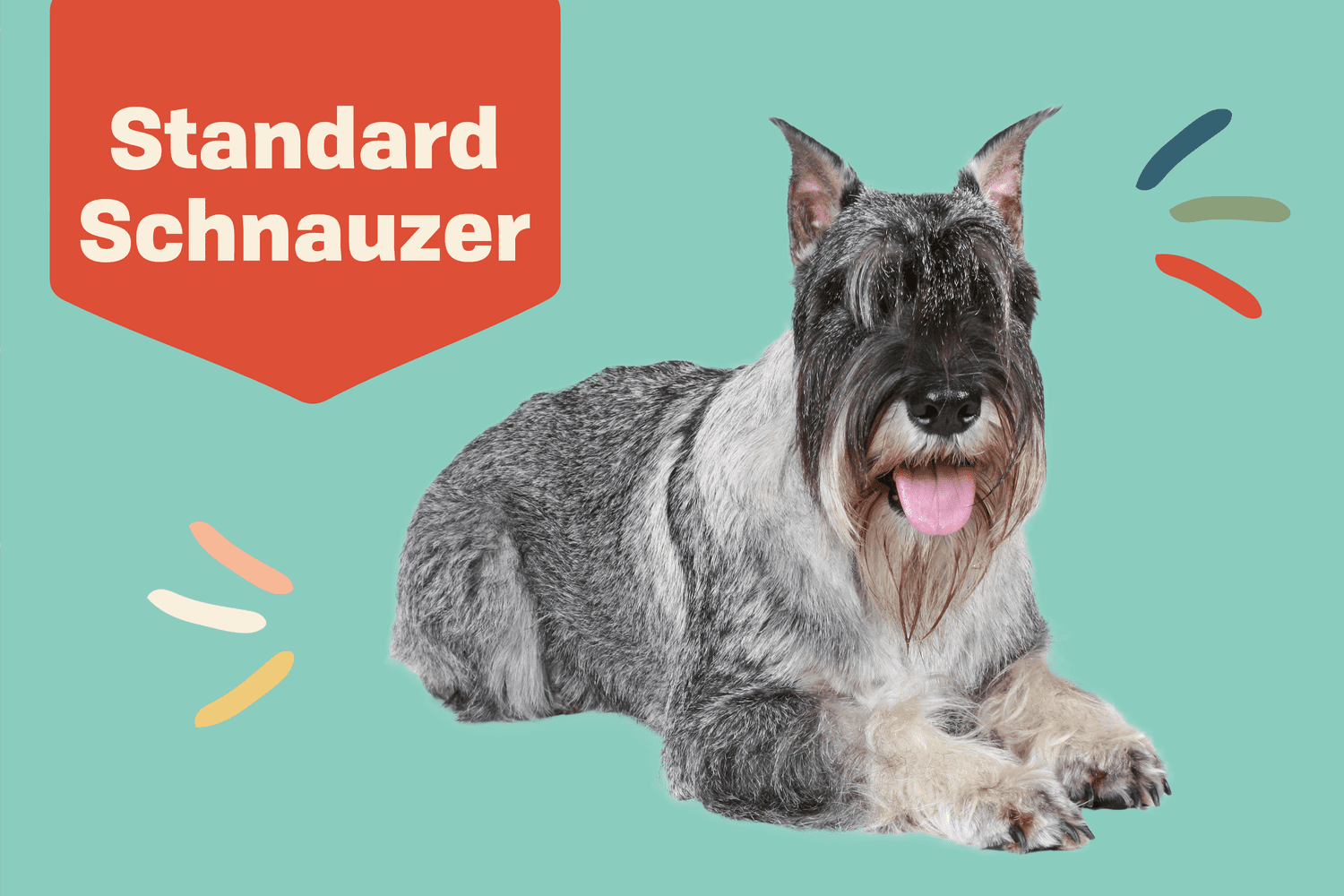
While owning a hypoallergenic dog like a Schnauzer may help minimize allergic reactions, there are other factors to consider when it comes to having an allergy-friendly dog. These include proper hygiene and managing allergens in the home environment.
Proper Hygiene
In addition to regular grooming, it’s crucial to practice proper hygiene when living with a dog. This includes washing your hands after petting or playing with your dog, changing clothes after being in contact with your dog’s fur, and not allowing your dog on furniture or in your bed. These measures will help decrease the spread of allergens and prevent them from coming into contact with your body.
Managing Allergens in the Home Environment
Aside from regular cleaning, there are other steps you can take to manage allergens in the home environment. These include using hypoallergenic bedding and washing it regularly, using a HEPA filter in your HVAC system, and keeping your dog’s food and water bowls clean. Additionally, it’s recommended to have specific areas of the house designated as pet-free zones to minimize exposure to allergens.
Conclusion
In conclusion, while Schnauzers may be considered hypoallergenic due to their low-shedding coats, no dog breed is entirely hypoallergenic. Their coat type, size, and proper grooming play a significant role in managing allergies, but there are other factors to consider when choosing a hypoallergenic dog. Individual preferences and proper hygiene also play a crucial role in minimizing allergic reactions when living with a dog.
When it comes down to it, every individual’s allergies are unique, and what may work for one person may not work for another. Therefore, it’s essential to consult with a doctor and spend time with the breed before making a decision. While Schnauzers may not be entirely hypoallergenic, with proper precautions and management, they can still make wonderful companions for those who suffer from allergies.
